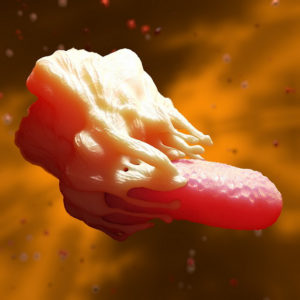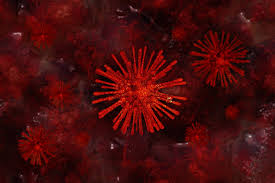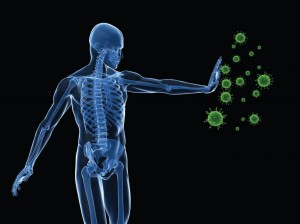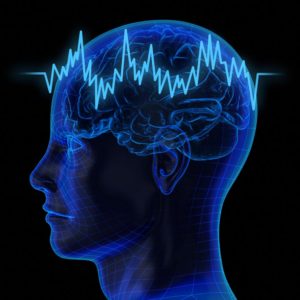Mutations in the regulatory, or non-coding, regions of the telomerase reverse transcriptase (TERT) gene—a cancer-associated gene that encodes a component of telomerase, an enzyme known to help protect the ends of chromosomes and support cell longevity—may be at the root of most melanomas, according to two papers published today (January 24) in Science (1, 2).
In both studies, researchers identified mutations that created new binding sites in the TERT promoter for particular transcription factors and resulted in increased transcriptional activity at the TERT promoter, which may in turn lead to increased expression of the gene and the endless cell division characteristic of cancer cells. The findings suggest that mutations in regulatory parts of the genome, in addition to those in protein-coding sequences, may be a key mechanism causing the growth of certain types of cancer.
“I am excited by the finding that regulatory mutations can apparently act as drivers of carcinogenesis,” Elaine Mardis, a cancer geneticist and co-director of the Genome Institute at Washington University, Missouri, who was not involved in the research, said in an email. “This is great news for labs like ours that have always emphasized the importance of whole genome sequencing over exome or targeted sequencing.”







